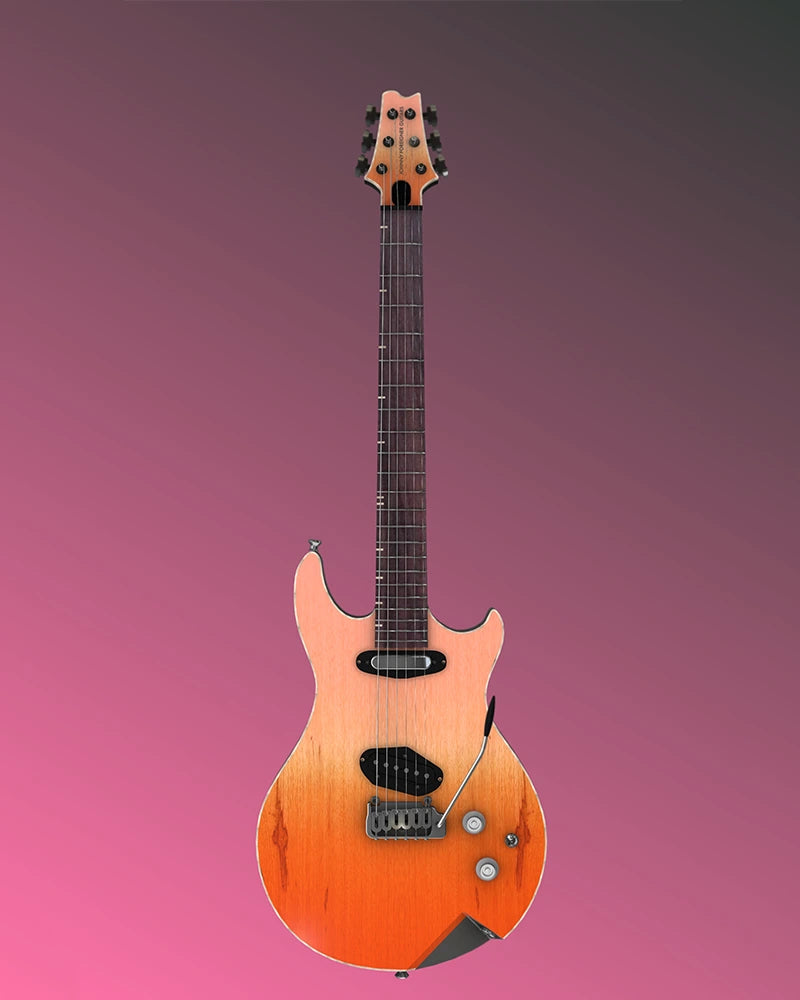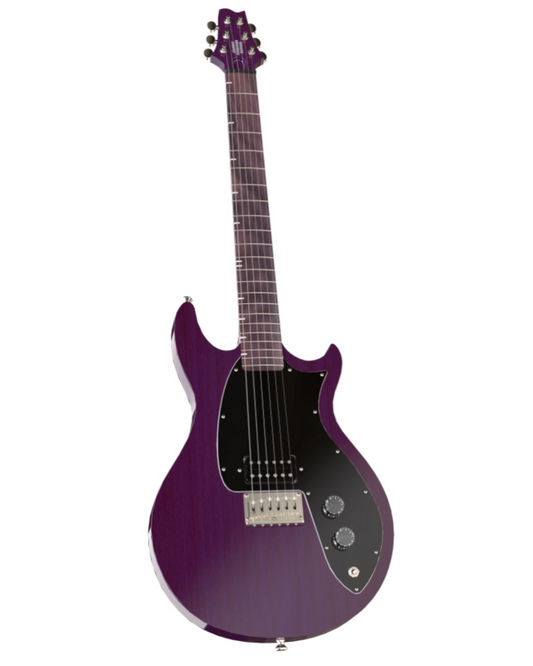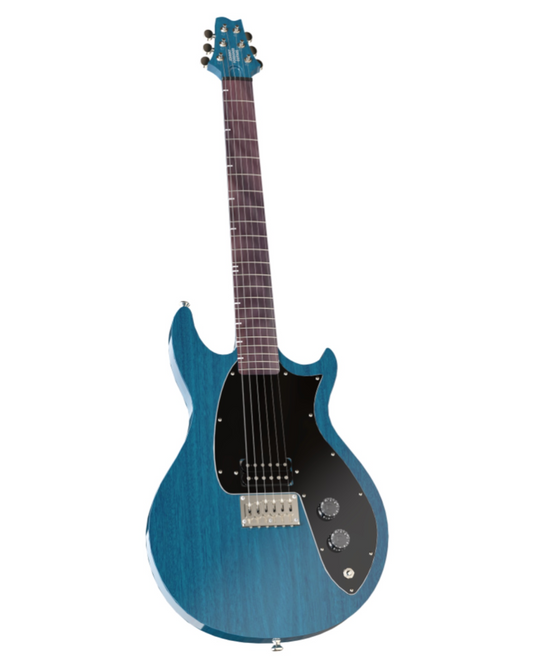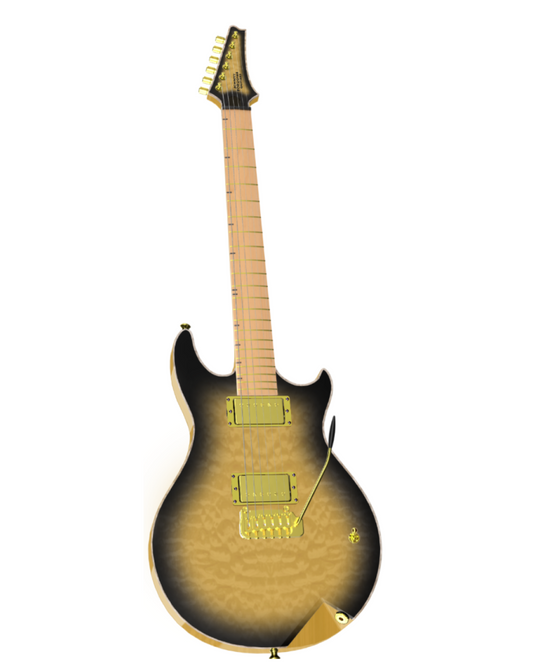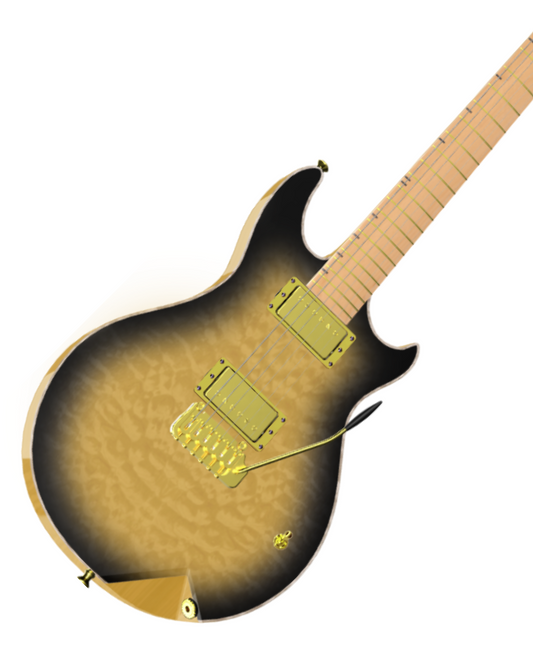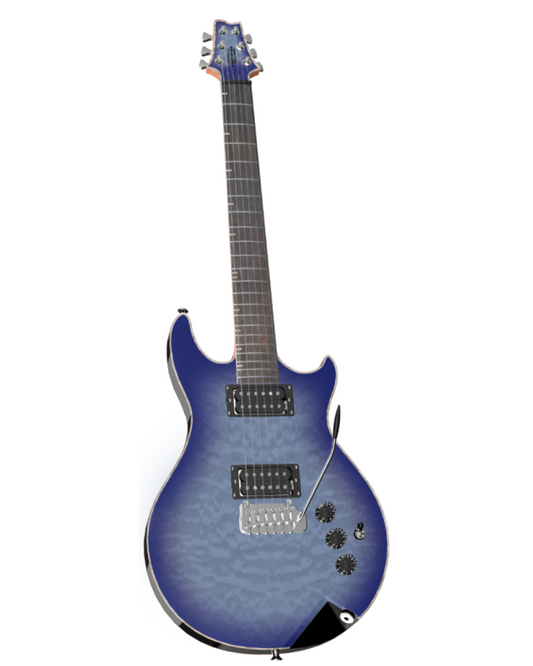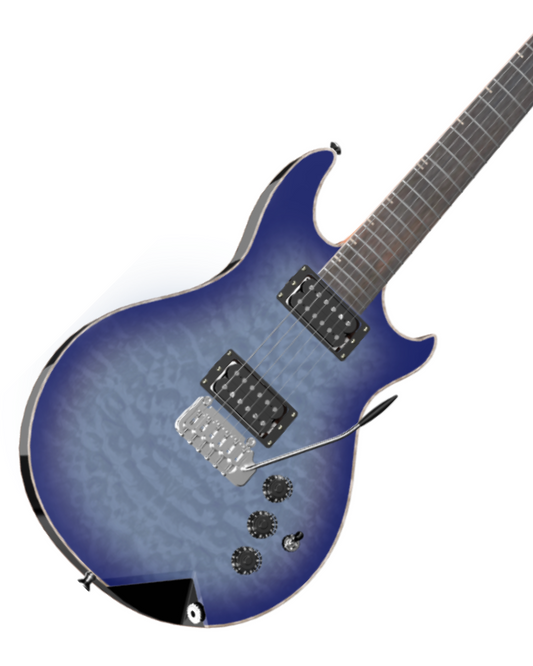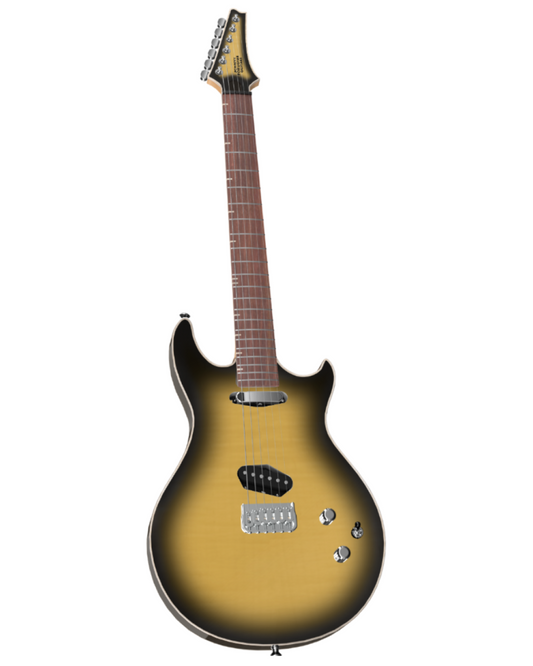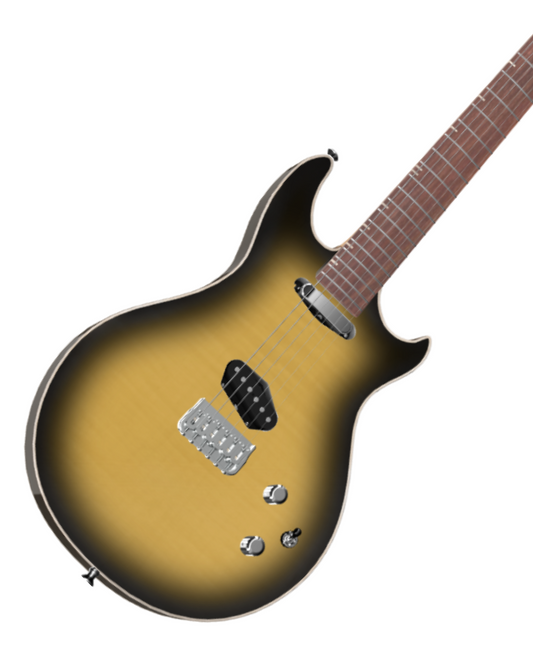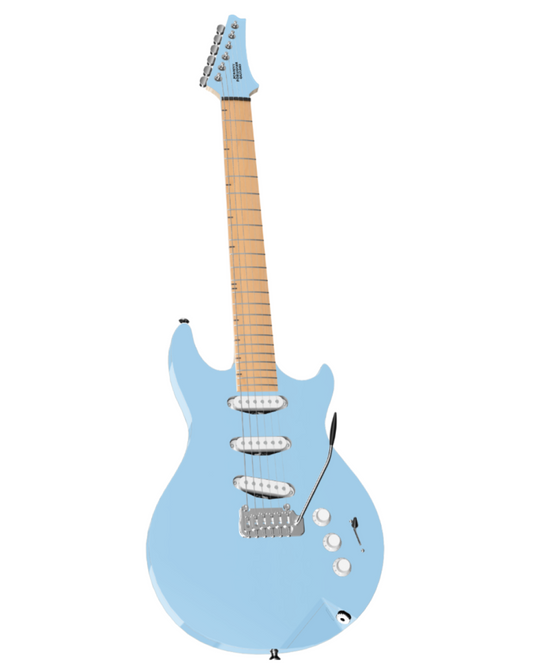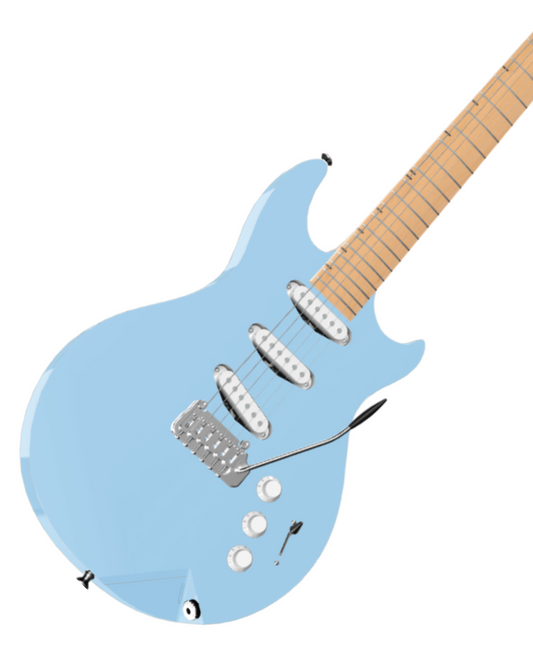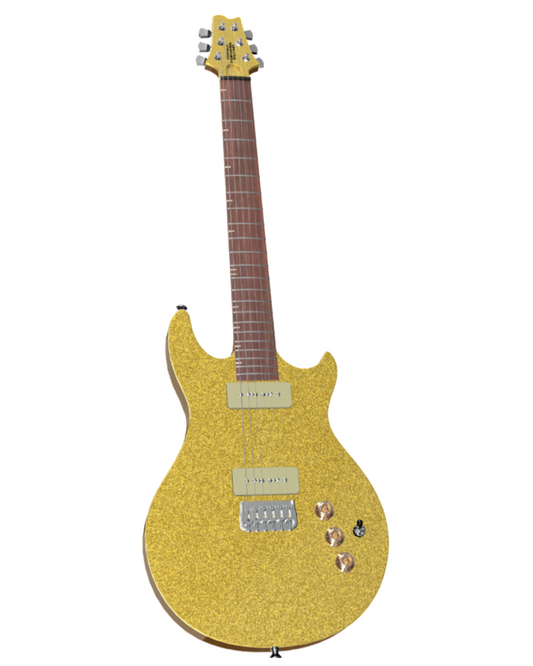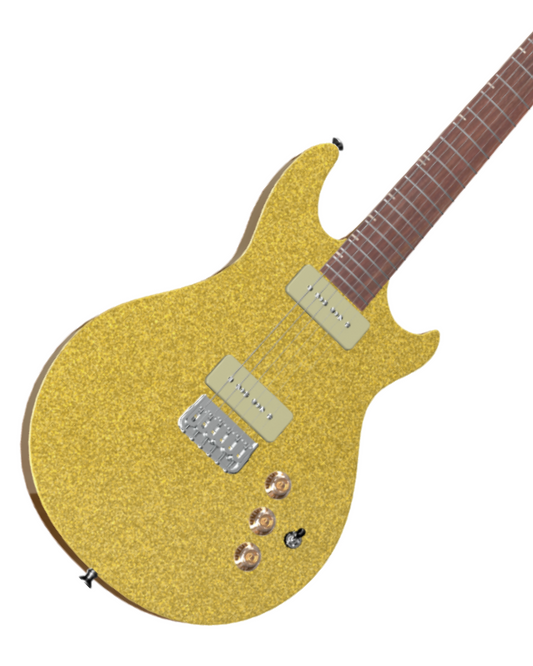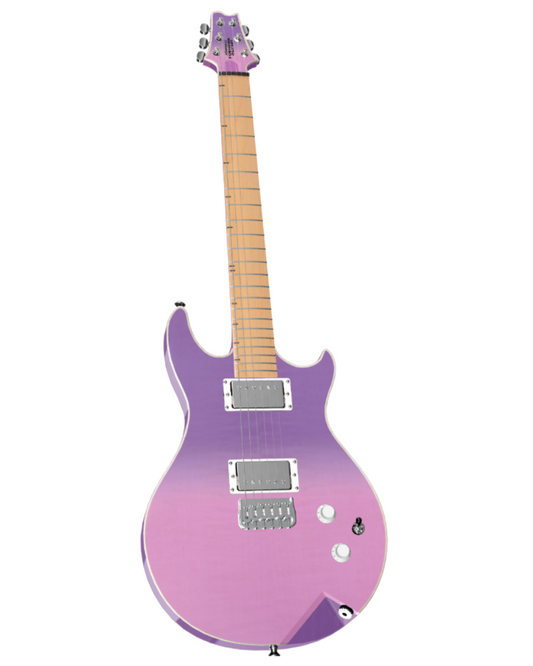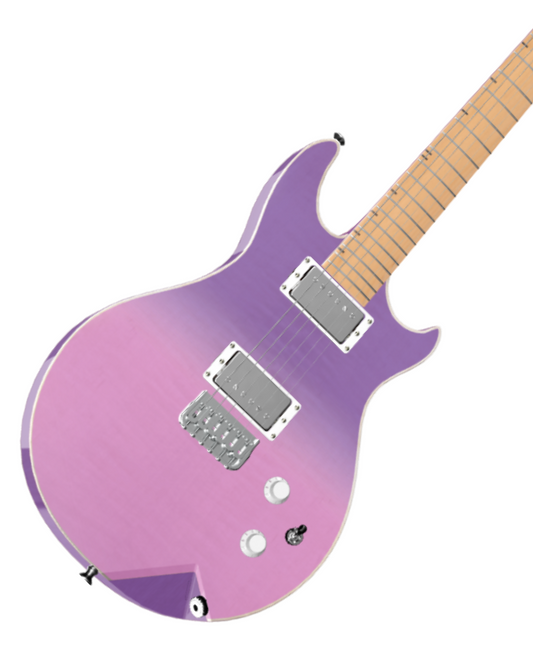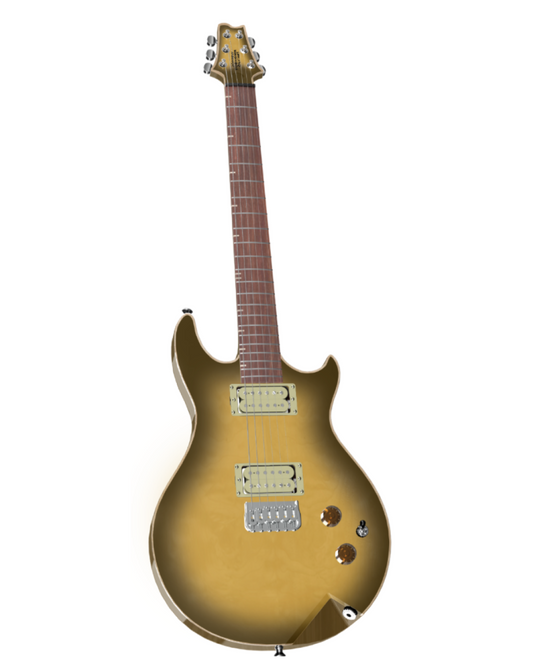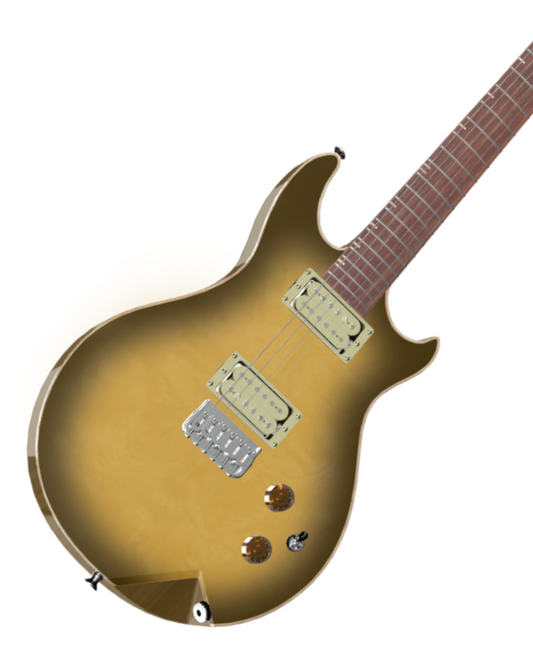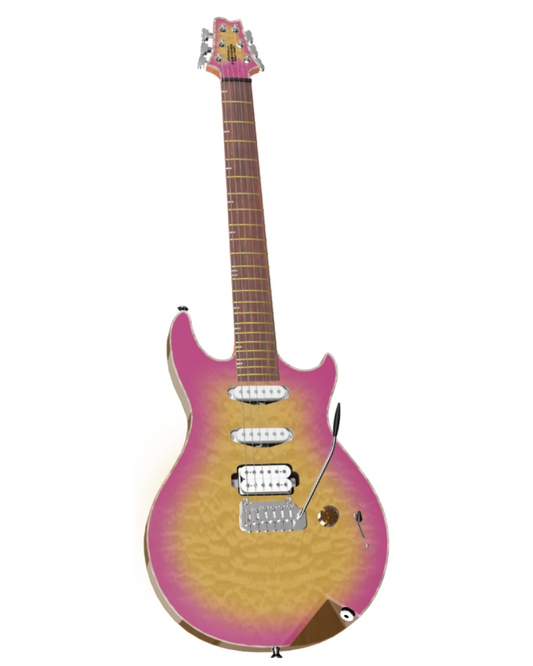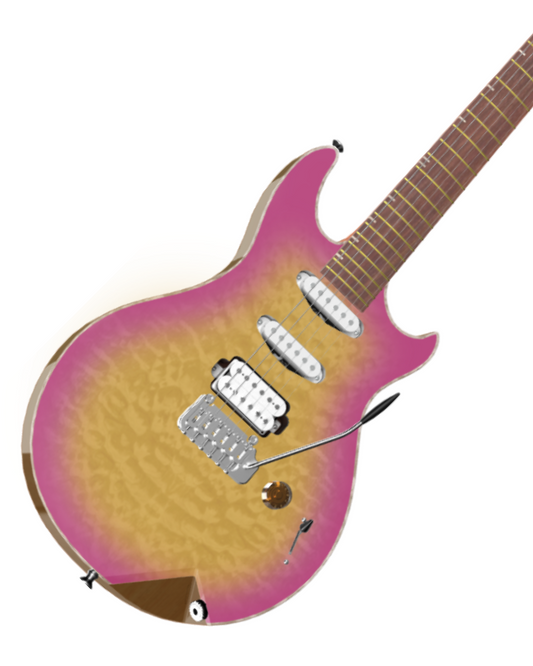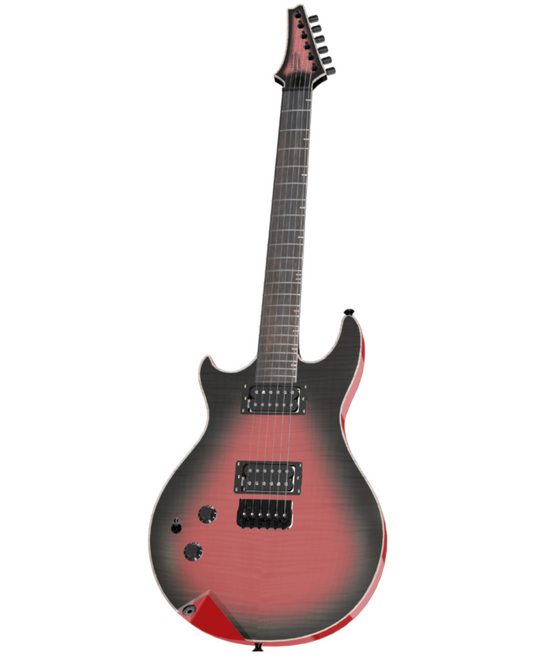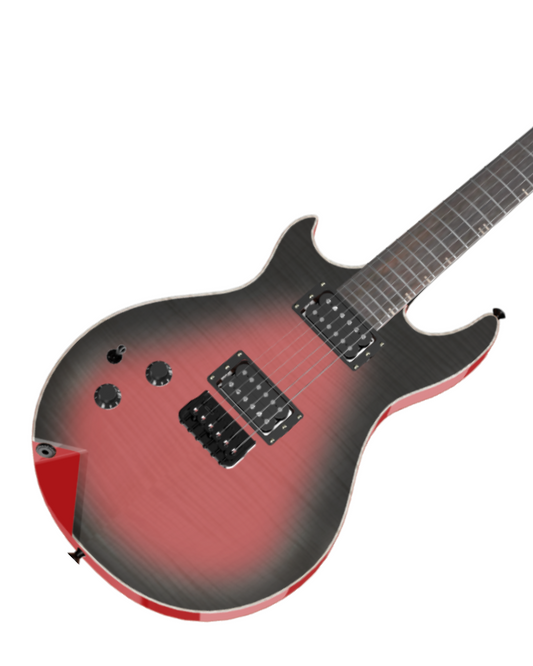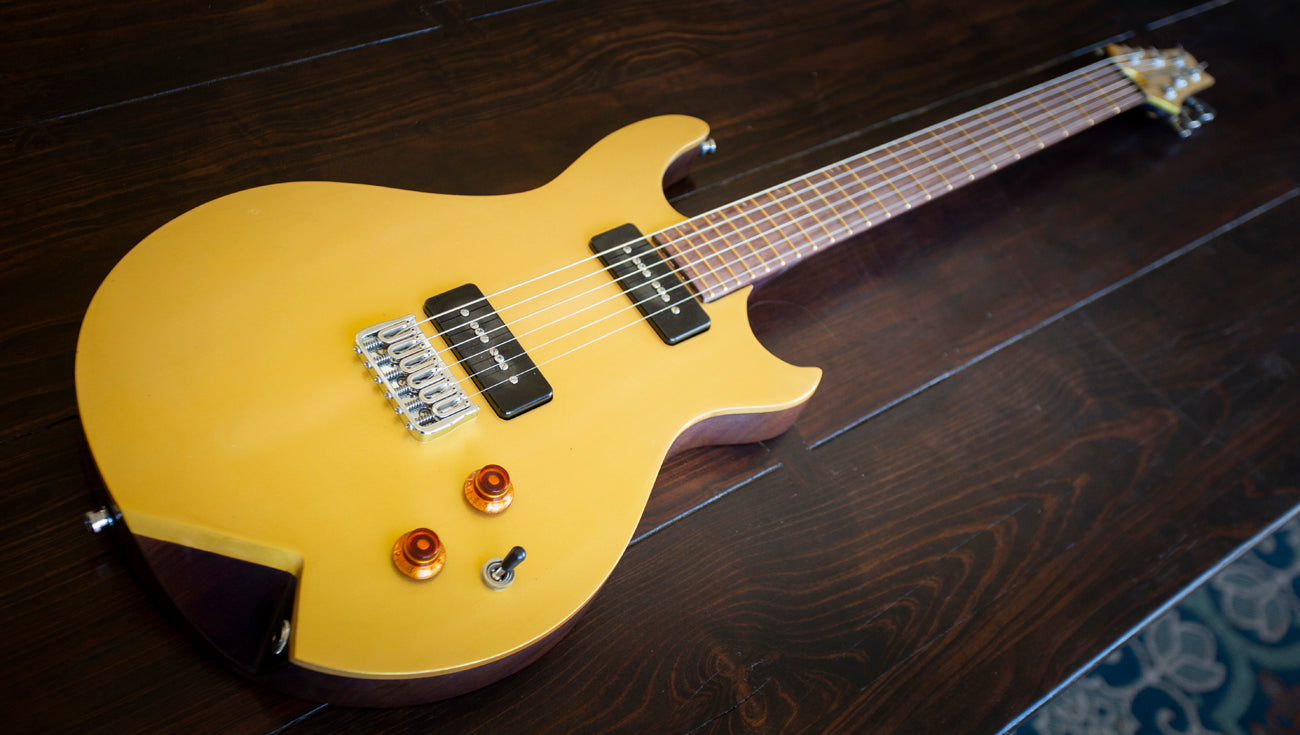Choosing the right gauge of strings for your guitar might seem like a straightforward decision, but it can significantly impact your playing experience and the sound you produce. Whether you're a beginner or an experienced guitarist looking to experiment with different tones, understanding the factors involved in selecting string gauge is crucial.

Here’s a comprehensive guide to help you make an informed choice:
1. Understand String Gauge Basics
String gauge refers to the thickness of the strings. It is usually measured in thousandths of an inch, and sets are typically named for the thinnest (high e) and thickest (low E). For example, a set of "10s" or "10-46" strings means the high e string is 0.010 inches thick and the low E string (the thickest string) is 0.046 inches thick.
2. Consider Your Playing Style
Your playing style and technique play a significant role in determining the ideal string gauge. Here’s a general guideline:
- Lighter Gauge (e.g., 9-42): Easier to bend and press down, ideal for beginners or players who prefer less tension. They produce a brighter tone and are easier on the fingers.
- Medium Gauge (e.g., 10-46): Balanced feel and tone, suitable for various styles including rock, blues, and jazz.
- Heavier Gauge (e.g., 11-52 and higher): Harder to bend but offer more sustain and fuller tone, preferred by some blues, metal, and country players.
3. Consider Your Guitar Type
The type of guitar you have also influences your string choice:
- Acoustic Guitars: Lighter gauge strings (e.g., 11-52) are common for acoustic guitars due to their ability to produce a balanced sound without exerting too much tension on the guitar’s neck.
- Electric Guitars: Electric guitars can accommodate a wider range of gauges. Thicker gauges can enhance sustain and volume, while lighter gauges are easier to bend.
4. Tuning Stability and Neck Relief
Heavier gauges exert more tension on the guitar neck and can affect tuning stability and neck relief. If you’re changing from light to heavy gauge strings, you may need to adjust your guitar’s setup to accommodate the increased tension.
5. Experimentation and Personal Preference
Ultimately, the choice of string gauge is a matter of personal preference and experimentation. Don’t hesitate to try different gauges to find the one that feels and sounds best to you. Here are some tips for experimenting:
- Try Different Brands: Different string brands may have subtle variations in tone and feel even with the same gauge.
- Adjust Your Playing Style: After changing gauges, give yourself time to adjust your playing technique to accommodate the new tension and feel.
6. Environmental Factors
Consider your environment as well. Temperature and humidity can affect string tension and durability, so if you live in an extreme climate, you may need to adjust your choice accordingly.
7. Ask Us!
If you’re unsure or struggling to find the right strings, don’t hesitate to consult with our guitar technicians and luthiers. They can offer valuable insights based on their experience and knowledge.
Conclusion
Choosing the right string gauge for your guitar involves considering factors such as your playing style, guitar type, and personal preference. Remember, there’s no one-size-fits-all answer, and what works best for you may not work for someone else. Take your time to experiment and enjoy the process of finding the perfect strings that complement your playing style and enhance your musical expression. Happy playing!

